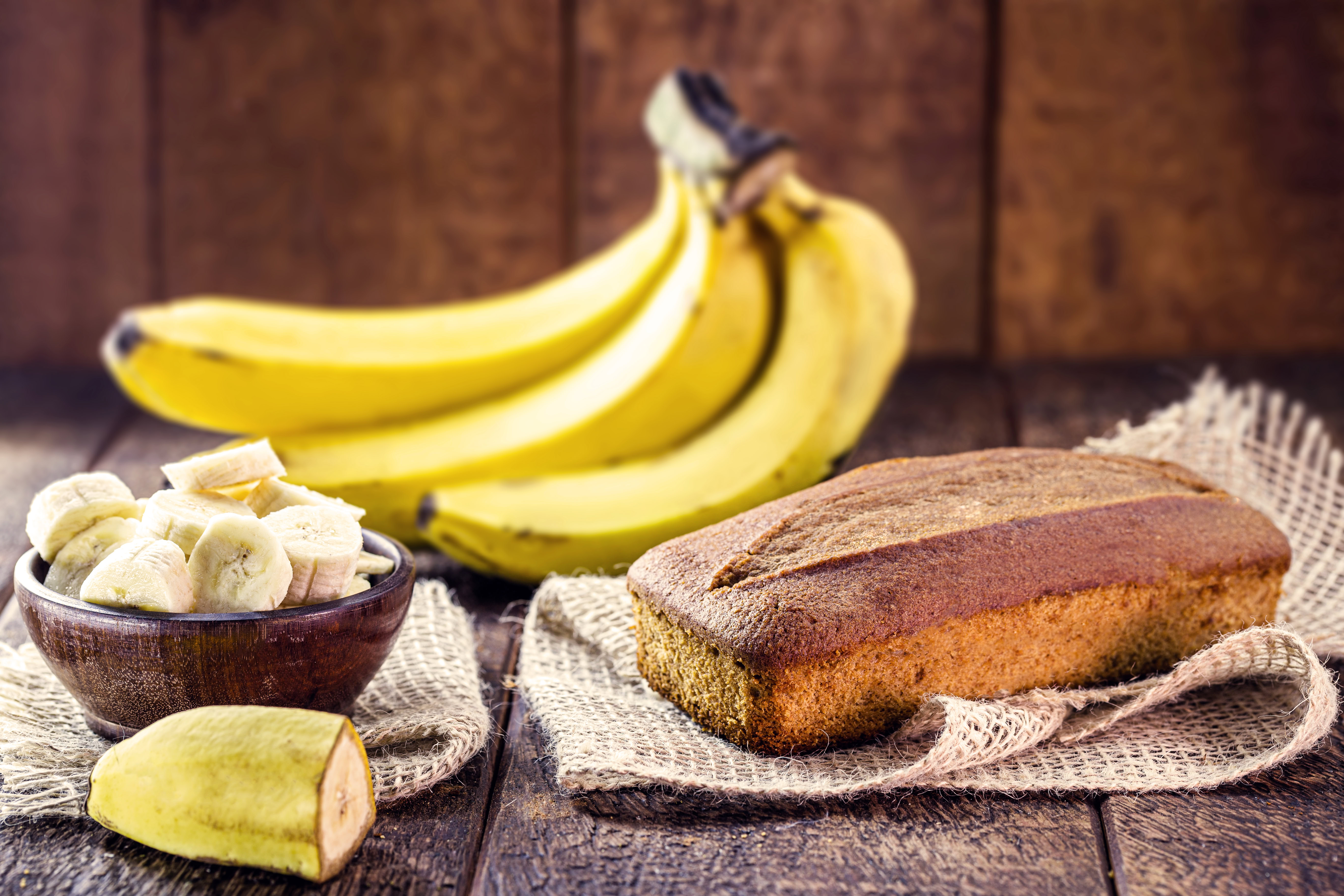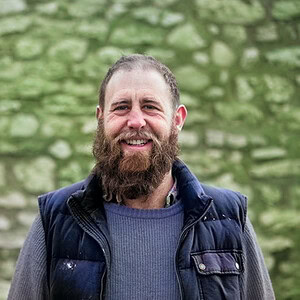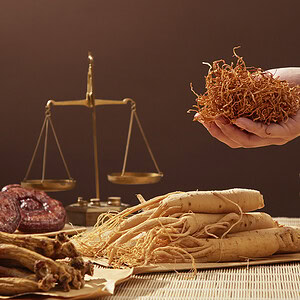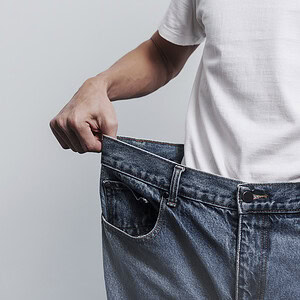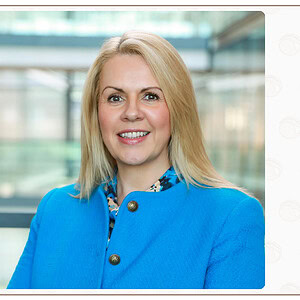Feature
There are said to be over 600,000 vegans living in Great Britain. But is a vegan diet good for your health? We ask Heather Rosa, Dean at the Institute for Optimum Nutrition, to break down the biggest nutritional myths
Heather, does the estimated number of vegans in the UK surprise you?
“It is higher than I expected. It depends on how many of those are vegan ‘full-time’ in the true sense of being a vegan. Veganism is more than not eating animals or foods from animals, for example, eggs, milk, cheese and honey. The real philosophical approach to veganism includes not wearing, for instance, wool or leather or having any products made from animal sources in the home.”
What do you think about removing dairy from your diet?
“Dairy is an interesting topic. Once past breastfeeding, milk may not be necessary. There are many cultures who do not use follow-on milk, however, breastfeeding tends to go on for longer – up to two years. As long as the child or adult is getting sufficient nutrients from a diversity of other foods, eliminating milk should not be problematic.
“Milk is a well-known allergen and the lactose in milk can be problematic, those that have to avoid milk can be nutritionally well. Full fat milk provides vitamin D and for those living in the northern hemisphere, there is a general population wide issue with vitamin D sufficiency due to low sunlight levels or lack of exposure.
“Removing dairy can be problematic if attention is not given to sunlight exposure and alternative food sources, for example, oily fish, liver (offal is making a comeback), and eggs (yolk). Mushrooms that have been exposed to sunlight are the only natural source of vitamin D for vegans. That’s why you’ll find in the supermarkets vitamin D fortified margarines and alternatives to cheese and milk-grain (oat), bean (soya), seed (cashew) and nut (almond, hazelnut, etc.).”
What would you say is the biggest myth about becoming a vegan?
“I believe the biggest misconception is that if you remove the most nutritional dense foodstuffs from your diet, you’re going to be well without some form of additional support either in the form of supplements or fortified foods.
“The major missing component in the vegan diet is B12. It takes anywhere between five and eight years to develop the signs of the deficiency and finally pernicious anaemia. Once you have pernicious anaemia, that’s injectable B12 for the remainder of your life. It’s a slow, insidious deficiency – one that’s not picked up by medical professionals very quickly.
“Veganism is a lot more complicated than just deciding to cut out meat from your diet. You must really consider the nutrition of food that you’re eating and the quality of that food. Vegans also need to consider their calcium, zinc, iron and protein intake. For B12, ensure that you are eating food fortified with B12, or that you are taking a good bioavailable B12 supplement (methylcobalamin).”
This year, over half a million people from 178 countries participated in the Veganuary campaign to go vegan for a month. Do you feel this is a positive campaign and message?
“I do not believe the Veganuary campaign is a positive message at all. This is why I’m #Organuary which is a campaign set up by the Public Health Collaboration (a non-profit organisation that is dedicated to informing and implementing healthy decisions for better public health) to encourage people to eat more organ meat which is the cheapest most nutritional food on the planet. I’m also pro compassion in farming. Quality is paramount.
“To me, Veganuary makes me question why? Why is an individual doing this? What’s their motive for going meat-free? Is it an environmental issue? Is it a philosophical issue around animal husbandry?
“During a month-long campaign, a lot of people are not attending to the quality of the food they’re eating. They’re just buying foods which are labelled vegan or plant-based and substituting for the meat in the meal – many of these foods are ultra-processed. Eating basic foods, grains, seeds, nuts and pulses and cooking them from scratch in beneficial combinations requires time and effort. Veganuary is a fantastic money-spinner for the plant-based manufacturing sector.
“For improved health, it would be beneficial if people simply eat less processed foods. Certain vegan sausage rolls or pastries are not healthy nutritional options. They are high in damaged polyunsaturated fats and sugar. These refined food products are making a lot of money for the manufacturers but not doing very much for our health.
“Retail sales for vegan foods are expected to increase to £650 million a year by 2021. It’s very difficult to make money in the food industry because of spoilage. The more you manufacture and refine a product and give it a long shelf life, the more profit you’re going to make in the long term. But that very rarely equates to health. Life giving essential fats in food spoil very quickly so the trick in food production is to remove them altogether or replace them with another fat usually one that has been damaged!”
Is being vegan better for the planet?
“Because a product is vegan, it is not any less environmentally impactful, especially the highly refined foods. Their production requires energy, land and there is also waste. When you plough a wheat field, you kill animals. Sadly, there is no aspect of the food chain that doesn’t include some form of killing of animals. When you make a sugar alternative from fruit, you must highly process that fruit to remove the sweet components. The rest is waste. All this impacts the environment. Animals may fart but they also improve soil fertility and aid carbon sinking.”
Heather Rosa is Dean of the Institute for Optimum Nutrition. For services to nutritional therapy education Heather was awarded honorary fellowship of the professional body BANT. Heather specialises in cardiometabolic health.
You may also enjoy reading How to Become a Nutritional Therapist


